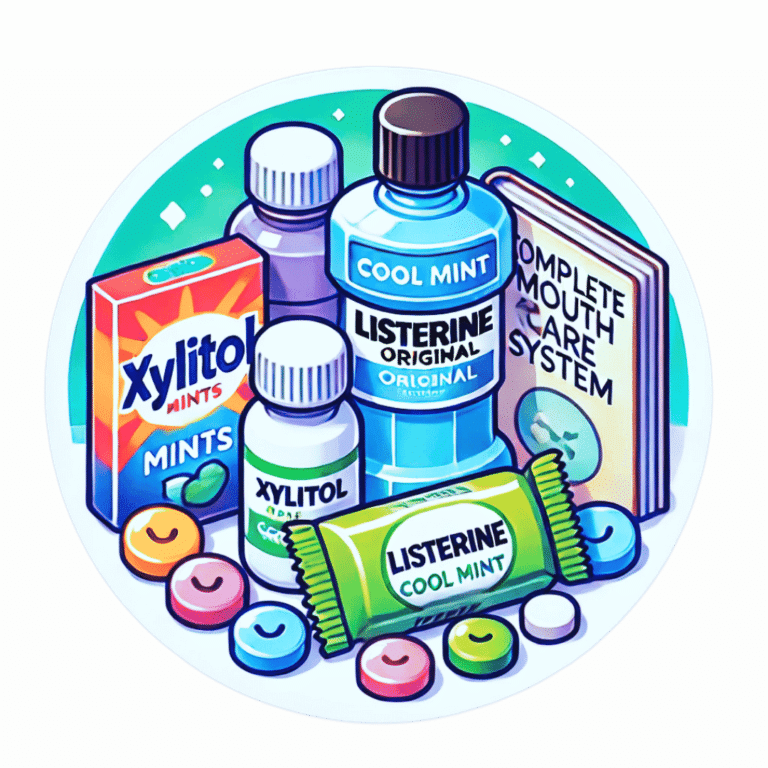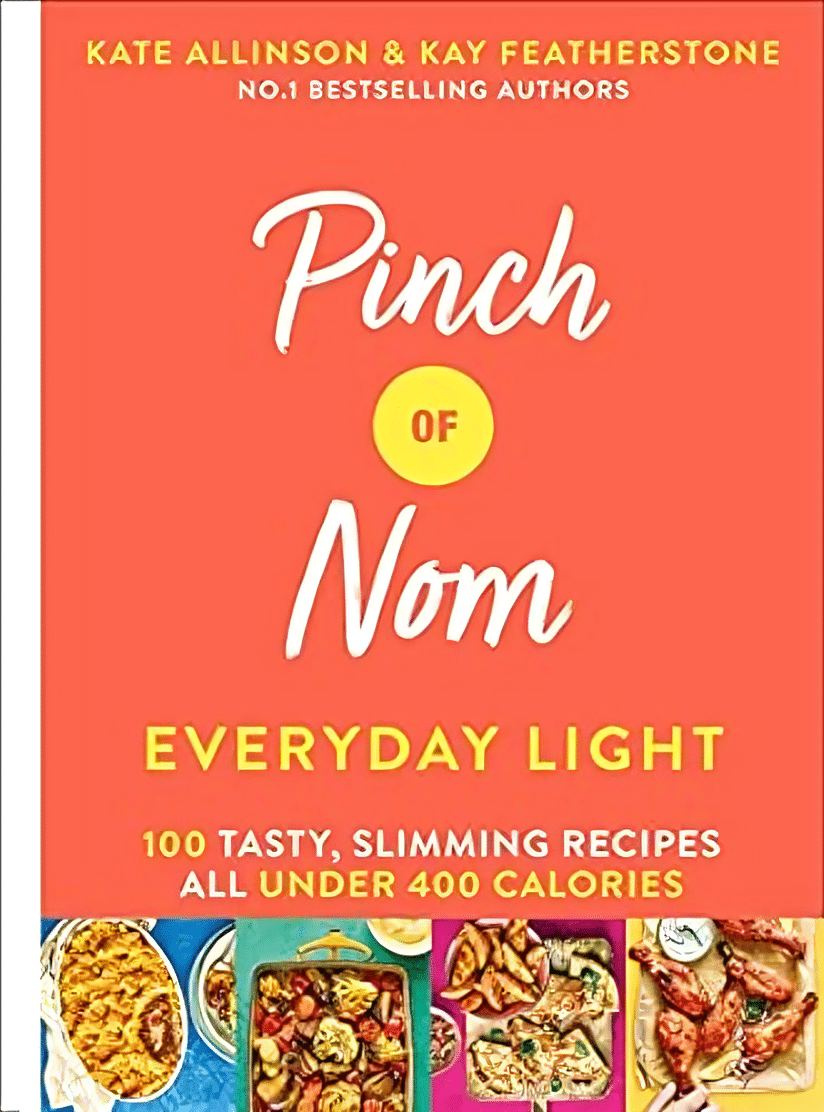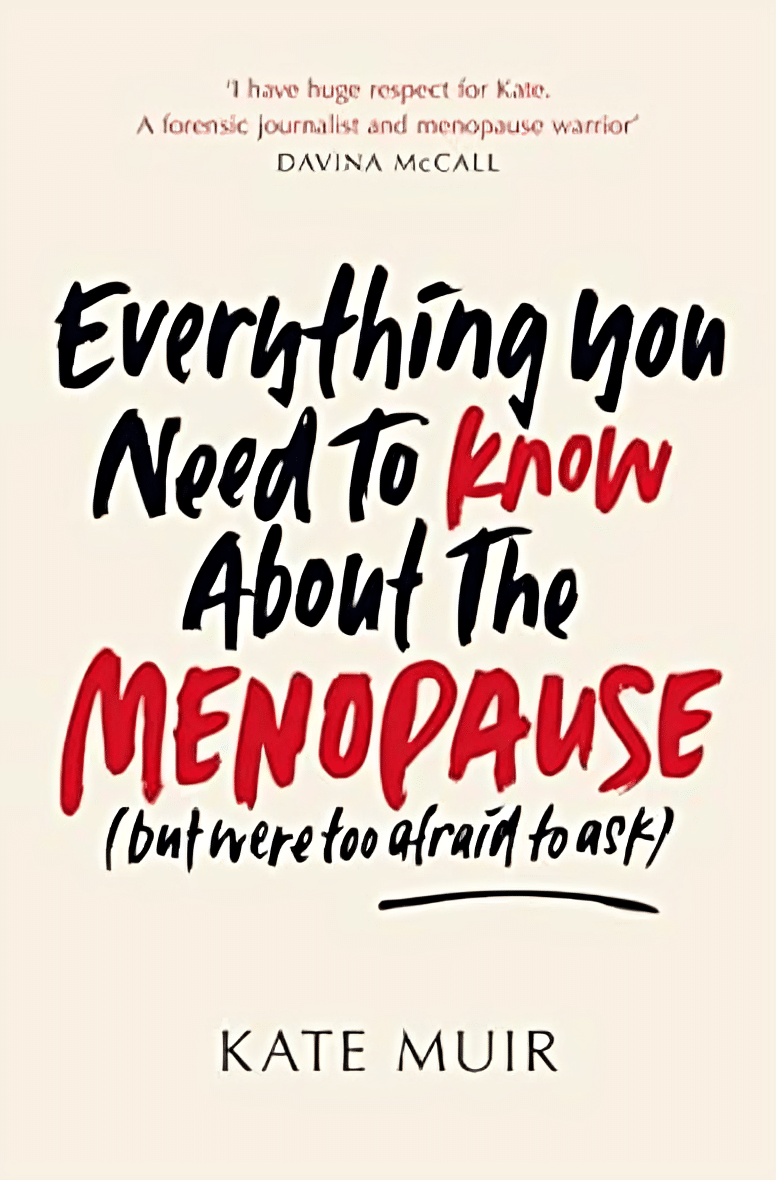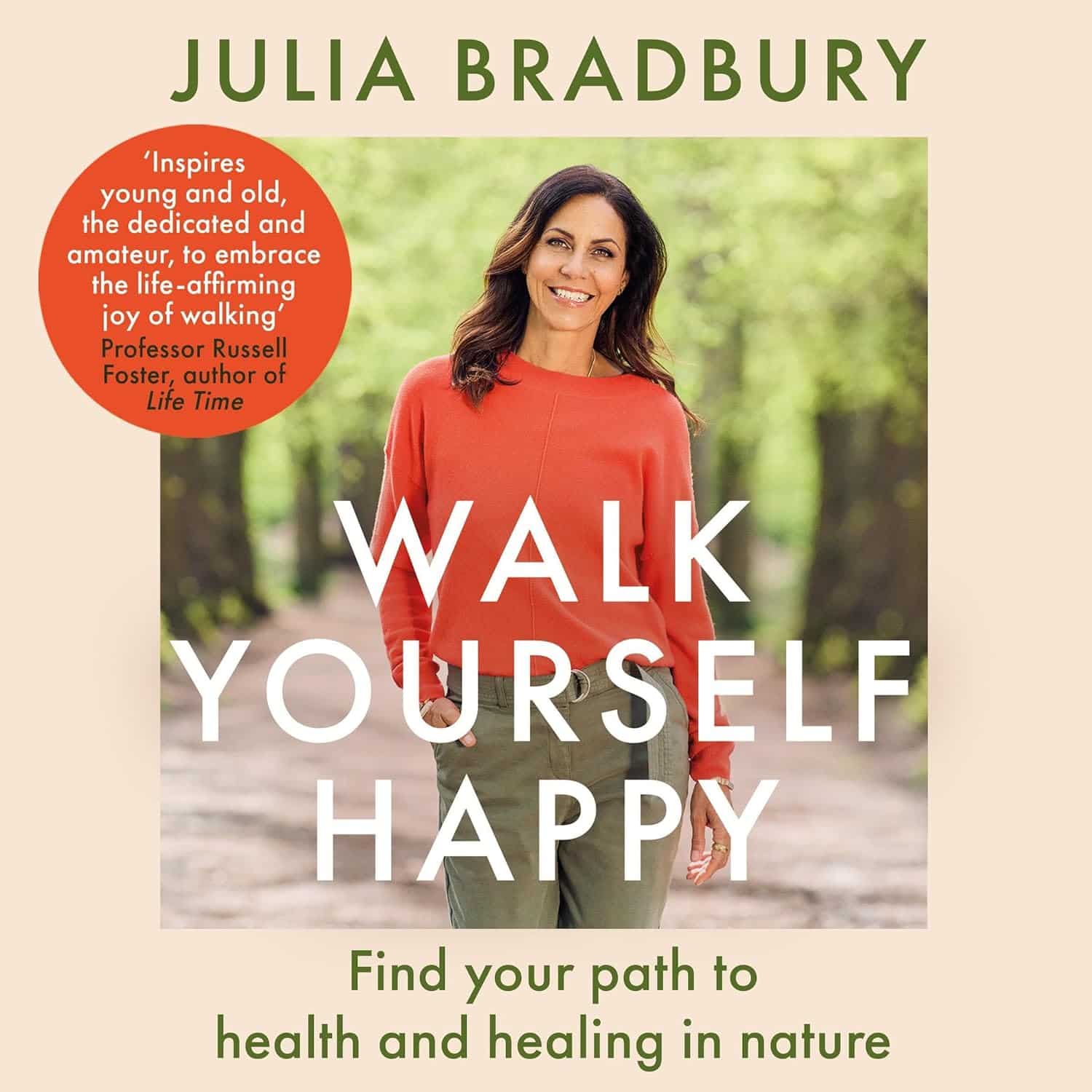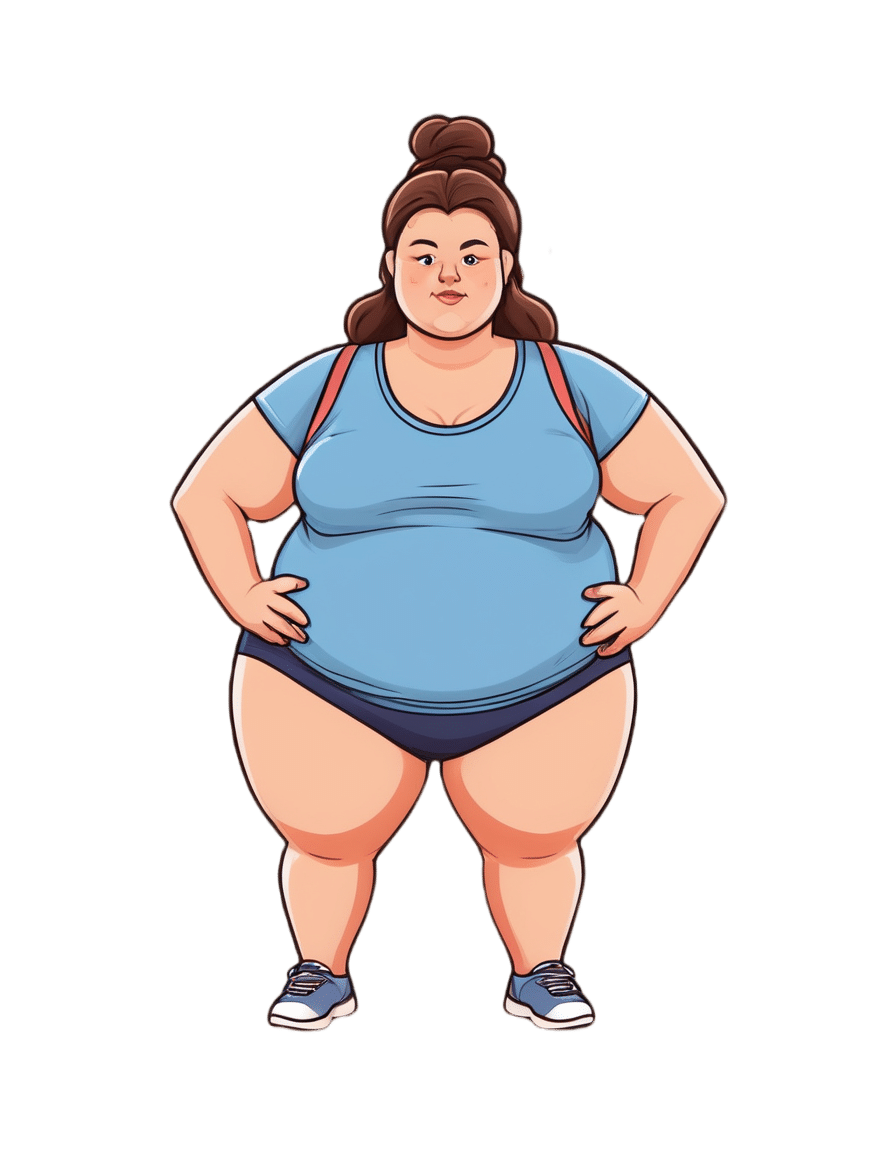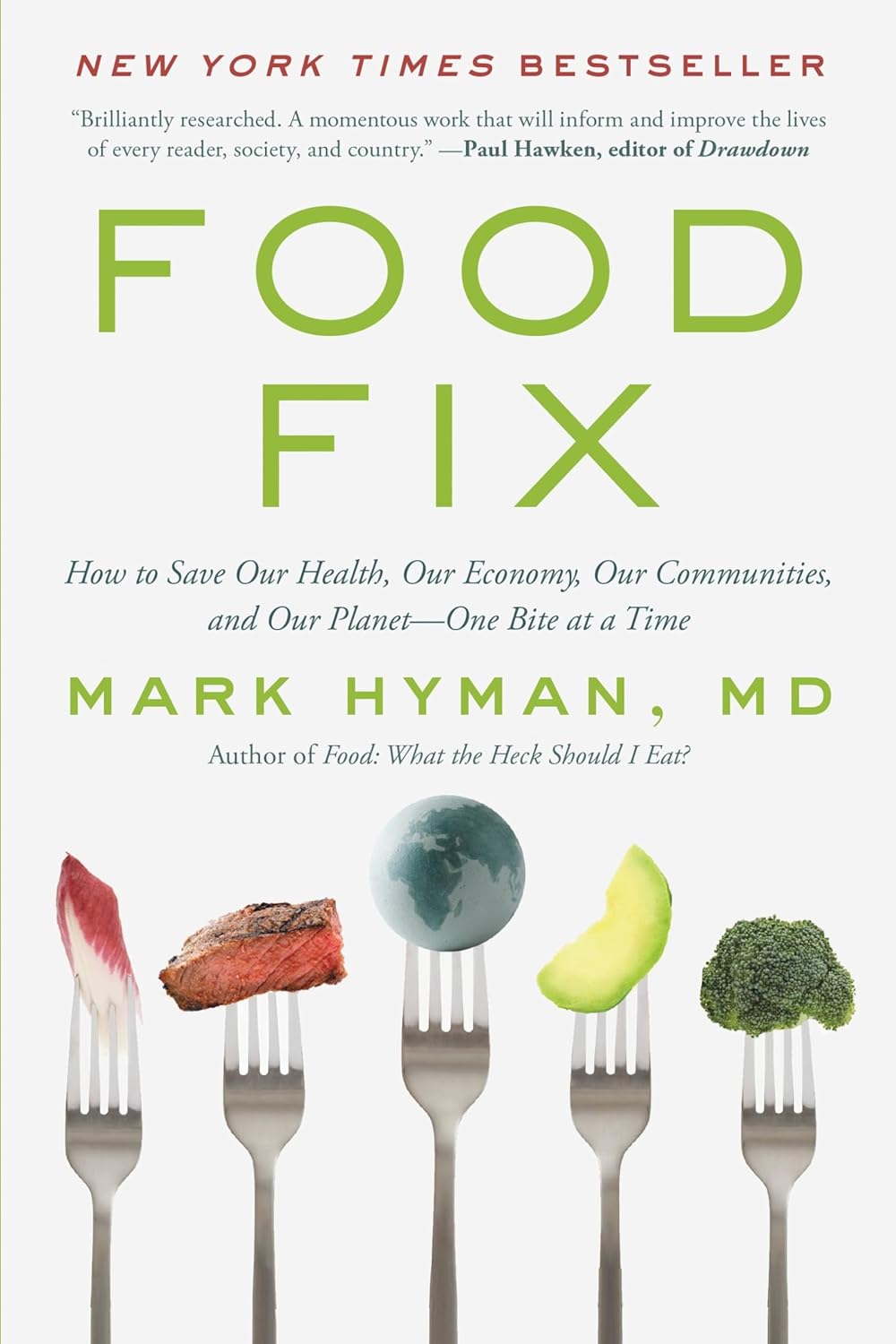
Who Initiates Sex & Why It Matters
10almonds is reader-supported. We may, at no cost to you, receive a portion of sales if you purchase a product through a link in this article.
In an ideal world, it wouldn’t matter any more than who first says “let’s get something to eat” when hungry. But in reality, it can cause serious problems on both sides:
Fear and loathing?
The person who initiates gets the special prize of an n% chance of experiencing rejection, and then what? Try again, and again, and risk seeming pushy? Or leave the ball in the other person’s court, where it may then go untouched for the next few months, because (in the most positive scenario) they were waiting for you to initiate at a better time for them?
The person who does not initiate, and/but does not want sex at that time, gets the special prize of either making their partner feel unwanted, insecure, and perhaps unloved, or else grudgingly consenting to sex that’s going to be no fun while your heart’s not in it, and thus create the same end result plus you had an extra bad experience?
So, that sucks all around:
- Initiating touch (sex or cuddling) can feel like a test of being wanted, whereupon a lack of initiation or response may be misinterpreted as a lack of love or appreciation.
- Meanwhile, non-reciprocation might stem from exhaustion or unrelated issues. For many, it’s a physiological lottery.
10almonds note: not discussed in this video, but for many couples, problems can also arise because one partner or another just isn’t showing up with the expected physical signs of physiological arousal, so even if they say (and mean!) an enthusiastic “yes”, their body’s signs get misread as a “not really, though”, resulting in one partner feeling rejected, and both feeling inadequate—on account of something that was completely unrelated to how the person actually felt about the prospect of sex*.
*Sometimes, physiological arousal will simply not accompany psychological arousal, no matter how sincere the latter. And on the flipside, sometimes the signs of physiological arousal will just show up without psychological arousal. The human body is just like that sometimes. We all must listen to our partners’ words, not their genitals!
The solution to this problem is thus the same as the solution to the rest of the problem that is discussed in the video, and it’s: good communication.
That can be easier said than done, of course—not everyone is at their most eloquent in such situations! Which is why it can be important to have those conversations first outside of the bedroom when the stakes are low/non-existent.
Even with the best communication, a more general, overarching non-reciprocity (real or perceived) of sexual desire can cause bitterness, resentment, and can ultimately be relationship-ending if a resolution that’s acceptable to everyone involved is not found.
Ultimately, the work as a couple must begin from within as individuals—addressing self-worth issues to better navigate love and intimacy.
For more on all of this, enjoy:
Click Here If The Embedded Video Doesn’t Load Automatically!
Want to learn more?
You might also like to read:
Relationships: When To Stick It Out & When To Call It Quits
Take care!
Don’t Forget…
Did you arrive here from our newsletter? Don’t forget to return to the email to continue learning!
Recommended
Learn to Age Gracefully
Join the 98k+ American women taking control of their health & aging with our 100% free (and fun!) daily emails:
-
Pinch Of Nom, Everyday Light – by Kay Featherstone and Kate Allinson
10almonds is reader-supported. We may, at no cost to you, receive a portion of sales if you purchase a product through a link in this article.
One of the biggest problems with “light”, “lean” or “under this many calories” cookbooks tends to be the portion sizes perhaps had sparrows in mind. Not so, here!
Nor do they go for the other usual trick, which is giving us something that’s clearly not a complete meal. All of these recipes are for complete meals, or else come with a suggestion of a simple accompaniment that will still keep the dish under 400kcal.
The recipes are packed with vegetables and protein, perfect for keeping lean while also making sure you’re full until the next meal.
Best of all, they are indeed rich and tasty meals—there’s only so many times one wants salmon with salad, after all. There are healthy-edition junk food options, too! Sausage and egg muffins, fish and chips, pizza-loaded fries, sloppy dogs, firecracker prawns, and more!
Most of the meals are quite quick and easy to make, and use common ingredients.
Nearly half are vegetarian, and gluten-free options involve only direct simple GF substitutions. Similarly, turning a vegetarian meal into a vegan meal is usually not rocket science! Again, quick and easy substitutions, à la “or the plant-based milk of your choice”.
Recipes are presented in the format: ingredients, method, photo. Super simple (and no “chef’s nostalgic anecdote storytime” introductions that take more than, say, a sentence to tell).
All in all, a fabulous addition to anyone’s home kitchen!
Get your copy of “Pinch of Nom—Everyday Light” from Amazon today!
Share This Post
-
Everything You Need To Know About The Menopause – by Kate Muir
10almonds is reader-supported. We may, at no cost to you, receive a portion of sales if you purchase a product through a link in this article.
Kate Muir has made a career out of fighting for peri-menopausal health to be taken seriously. Because… it’s actually far more serious than most people know.
What people usually know:
- No more periods
- Hot flushes
- “I dunno, some annoying facial hairs maybe”
The reality encompasses a lot more, and Muir covers topics including:
- Workplace struggles (completely unnecessary ones)
- Changes to our sex life (not usually good ones, by default!)
- Relationship between menopause and breast cancer
- Relationship between menopause and Alzheimer’s
“Wait”, you say, “correlation is not causation, that last one’s just an age thing”, and that’d be true if it weren’t for the fact that receiving Hormone Replacement Therapy (HRT) or not is strongly correlated with avoiding Alzheimer’s or not.
The breast cancer thing is not to be downplayed either. Taking estrogen comes with a stated risk of breast cancer… But what they don’t tell you, is that for many people, not taking it comes with a higher risk of breast cancer (but that’s not the doctor’s problem, in that case). It’s one of those situations where fear of litigation can easily overrule good science.
This kind of thing, and much more, makes up a lot of the meat of this book.
Hormonal treatment for the menopause is often framed in the wider world as a whimsical luxury, not a serious matter of health…. If you’ve ever wondered whether you might want something different, something better, as part of your general menopause plan (you have a plan for this important stage of your life, right?), this is a powerful handbook for you.
Additionally, if (like many!) you justifiably fear your doctor may brush you off (or in the case of mood disorders, may try to satisfy you with antidepressants to treat the symptom, rather than HRT to treat the cause), this book will arm you as necessary to help you get what you need.
Grab your copy of “Everything You Need To Know About The Menopause” from Amazon today!
Share This Post
-
Walk Yourself Happy – by Dr. Julia Bradbury
10almonds is reader-supported. We may, at no cost to you, receive a portion of sales if you purchase a product through a link in this article.
Notwithstanding her (honorary) doctorate, Dr. Bradbury is not, in fact, a scientist. But…
- She has a lot of experience walking all around the world, and her walking habit has seen her through all manner of things, from stress and anxiety to cancer and grief and more.
- She does, throughout this book, consult many scientists and other experts (indeed, some we’ve featured here before at 10almonds), so we still get quite a dose of science too.
The writing style of this book is… Compelling. Honestly, the biggest initial barrier to you getting out of the door will be putting this book down first.If you have good self-discipline, you might make it last longer by treating yourself to a chapter per day
Bottom line: you probably don’t need this book to know how to go for a walk, but it will motivate, inspire, and even inform you of how to get the most out of it. Treat yourself!
Click here to check out Walk Yourself Happy, and prepare for a new healthy habit!
Share This Post
Related Posts
-
20 Easy Ways To Lose Belly Fat (Things To *Not* Do)
10almonds is reader-supported. We may, at no cost to you, receive a portion of sales if you purchase a product through a link in this article.
Waist circumference (and hip to waist ratio) has been found to be a much better indicator of metabolic health than BMI. So, while at 10almonds we generally advocate for not worrying too much about one’s BMI, there are good reasons why it can be good to trim up specifically the visceral belly fat. But how?
What not to do…
Autumn Bates is a nutritionist, and her tips include nutrition and other lifestyle factors; here are some that we agree with:
- Do less cardio! Unless it’s High-Intensity Interval Training, cardio will cause a metabolic slow-down to compensate afterwards.
- Stop adding sugar to coffee, or anything else, really!
- Stop buying smoothies; they spike blood sugars; eat fresh fruit instead
- Stop eating bread; a drastic move, but as a general rule of thumb, it helps a lot of people
- Stop having more than 2 cups of coffee (this is actually about the caffeine, not the coffee; caffeine spikes cortisol in most people, and chronically high cortisol can cause fat to be redistributed to the belly and face)
- Stop sitting for more than an hour; spend more time on your feet
- Stop having more than 1 alcoholic drink per day (we’d advise stop having more than zero alcoholic drinks per day, but that may be a difficult immediate change for some)
- Stop eating “protein” bars; the rest of their contents are usually not good, to say the least.
For more, including to learn what she has against peanut butter, enjoy her video:
Click Here If The Embedded Video Doesn’t Load Automatically
Want to know more?
Check out our previous main feature:
Visceral Belly Fat & How To Lose It
Take care!
Don’t Forget…
Did you arrive here from our newsletter? Don’t forget to return to the email to continue learning!
Learn to Age Gracefully
Join the 98k+ American women taking control of their health & aging with our 100% free (and fun!) daily emails:
-
Food Fix – by Dr. Mark Hyman
10almonds is reader-supported. We may, at no cost to you, receive a portion of sales if you purchase a product through a link in this article.
On a simplistic level, “eat more plants, but ideally not monocrops, and definitely fewer animals” is respectable, ecologically-aware advice that is also consistent with good health. But it is a simplification, and perhaps an oversimplification.
Is there space on a healthy, ecologically sound plate for animal products? Yes, argues Dr. Mark Hyman. It’s a small space, but it’s there.
For example, some kinds of fish are both healthier and more sustainable as a food source than others, same goes for some kinds of dairy products. Poultry, too, can be farmed sustainably in a way that promotes a small self-contained ecosystem—and in terms of health, consumption of poultry appears to be health-neutral at worst.
As this book explores:
- Oftentimes, food choices look like: healthy/sustainable/cheap (choose one).
- Dr. Hyman shows how in fact, we can have it more like: healthy/sustainable/cheap (choose two).
- He argues that if more people “vote with their fork”, production will continue to adjust accordingly, and we’ll get: healthy/sustainable/cheap (all three).
To this end, while some parts of the book can feel like they are purely academic (pertaining less to what we can do as individuals, and more on what governments, farming companies, etc can do), it’s good to know what issues we might also take to the ballot box, if we’re able.
The big picture aside, the book remains very strong even just from an individual health perspective, though.
Bottom line: if you have an interest in preserving your own health, and possibly humanity itself, this is an excellent book.
Don’t Forget…
Did you arrive here from our newsletter? Don’t forget to return to the email to continue learning!
Learn to Age Gracefully
Join the 98k+ American women taking control of their health & aging with our 100% free (and fun!) daily emails:
-
Macadamia Nuts vs Brazil Nuts – Which is Healthier?
10almonds is reader-supported. We may, at no cost to you, receive a portion of sales if you purchase a product through a link in this article.
Our Verdict
When comparing macadamia nuts to Brazil nuts, we picked the Brazil nuts.
Why?
They’re a lot more nutrient dense! But watch out…
First, to do due diligence in terms of macros: Brazil nuts have twice as much protein and less fat, as well as being a little higher in fiber and slightly lower in carbs.
In terms of vitamins, Brazil nuts are about 10x higher in vitamin E, while macadamias are somewhat higher in several B-vitamins.
The category of minerals is where it gets interesting. Macadamia nuts are a little higher in iron and considerably higher in Manganese. But… Brazil nuts are a lot higher in calcium, copper, magnesium, phosphorus, potassium, selenium, and zinc.
About that selenium… Specifically, it’s more than 5,000x higher, and a cup of Brazil nuts would give nearly 10,000x the recommended daily amount of selenium. Now, selenium is an essential mineral (needed for thyroid hormone production, for example), and at the RDA it’s good for good health. Your hair will be luscious and shiny. However, go much above that, and selenium toxicity becomes a thing, you may get sick, and it can cause your (luscious and shiny) hair to fall out. For this reason, it’s recommended to eat no more than 3–4 Brazil nuts per day.
In short… Brazil nuts are much more nutrient dense in general, and thus come out on top here. But, they’re so nutrient dense in the case of selenium, that careful moderation is advised.
Want to learn more?
You might like to read:
Why You Should Diversify Your Nuts
Take care!
Don’t Forget…
Did you arrive here from our newsletter? Don’t forget to return to the email to continue learning!
Learn to Age Gracefully
Join the 98k+ American women taking control of their health & aging with our 100% free (and fun!) daily emails:

